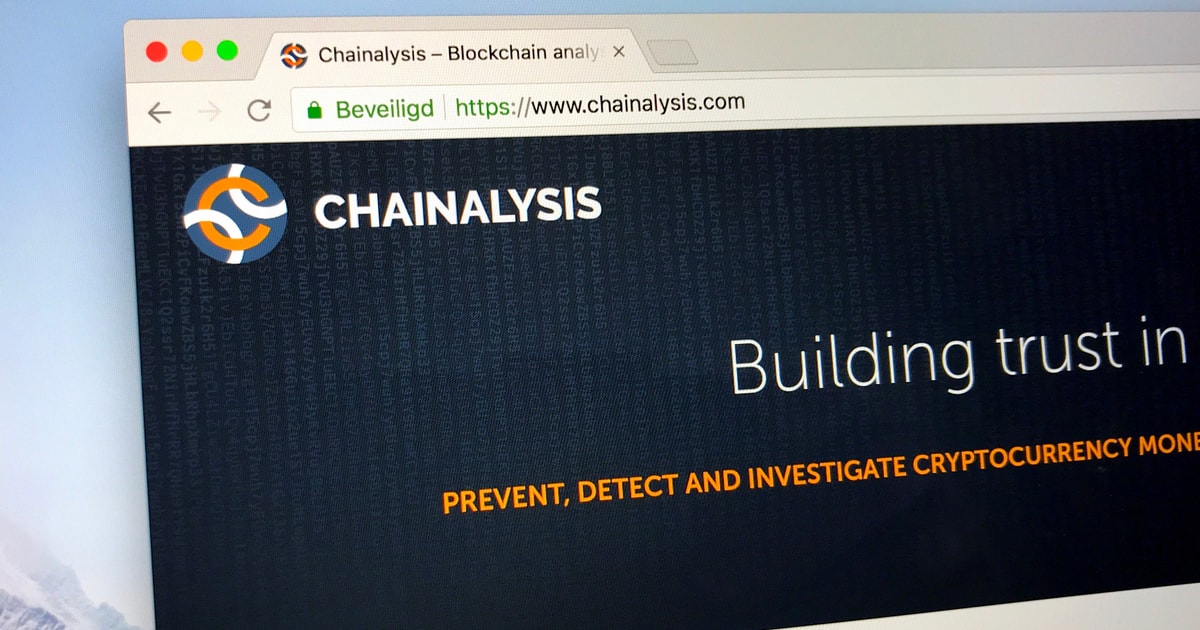Senate Pushes GENIUS Act—Stablecoins Finally Face the Regulatory Hammer
Washington draws a line in the sand—or tries to—with new crypto legislation.
Subheader: The ’Get Engaged Now to Investigate Unregulated Stablecoins’ bill (yes, they forced the acronym) aims to rein in dollar-pegged tokens. Because nothing says ’genius’ like playing catch-up with a $180B market five years late.
Lawmakers claim this will protect consumers. Crypto veterans smirk—most stablecoin issuers already hold Treasuries. But hey, at least Congress found a use for all those unused hearing rooms.
Closing jab: Nothing unites DC like the chance to regulate money they don’t control—unless it’s the chance to print more of their own.

The United States Senate has made significant progress towards formulating a regulatory framework for stablecoins by advancing the GENIUS Act, officially known as the Guiding and Establishing National Innovation for U.S. Stablecoins Act. This landmark legislation, which has successfully overcome a filibuster with a 66-32 vote, seeks to provide a comprehensive federal framework for stablecoin regulation, according to Chainalysis.
Key Provisions of the GENIUS Act
The bipartisan GENIUS Act, co-sponsored by Senators Kirsten Gillibrand (D-NY) and Bill Hagerty (R-TN), among others, aims to offer regulatory clarity to the burgeoning stablecoin industry. The bill sets out standards for reserves, audits, and disclosures, as well as compliance with law enforcement requirements. It mandates full reserve backing of stablecoins with U.S. dollars or similarly liquid assets and requires monthly public disclosures of reserve composition. Additionally, it calls for annual financial audits for issuers with market capitalizations exceeding $50 billion.
Implications for Consumer Protection and National Security
The GENIUS Act is designed to serve as both a consumer protection and national security measure. It mandates compliance with the Bank Secrecy Act, including anti-money laundering (AML) and sanctions programs, transaction monitoring, and enhanced due diligence. The Act also introduces technical enforcement capabilities, requiring issuers to demonstrate the ability to freeze or burn tokens. Furthermore, the bill emphasizes sanctions enforcement coordination, involving the Treasury Secretary in blocking transactions with foreign entities.
Global Context and Impact
The advancement of the GENIUS Act comes amid a global push for stablecoin regulation, with the European Union’s Markets in Crypto-Assets Regulation (MiCA) and similar frameworks in jurisdictions like Singapore and Japan. This regulatory movement underscores the increasing importance of stablecoins in the global financial system, with the U.S. commanding a significant share of stablecoin inflows worldwide. The Act is expected to enhance the U.S.’s competitive edge in blockchain innovation and set a global standard for stablecoin regulation.
Next Steps
As the GENIUS Act heads to a full Senate vote, it represents a pivotal moment for stablecoin legislation in the U.S. Should it pass both chambers of Congress, it will be presented to the President for signature, potentially becoming law later this year. This development could pave the way for broader adoption of stablecoins across global financial systems, facilitating cross-border payments and digital settlements while reinforcing U.S. leadership in digital asset innovation.
Image source: Shutterstock- stablecoins
- regulation
- genius act

